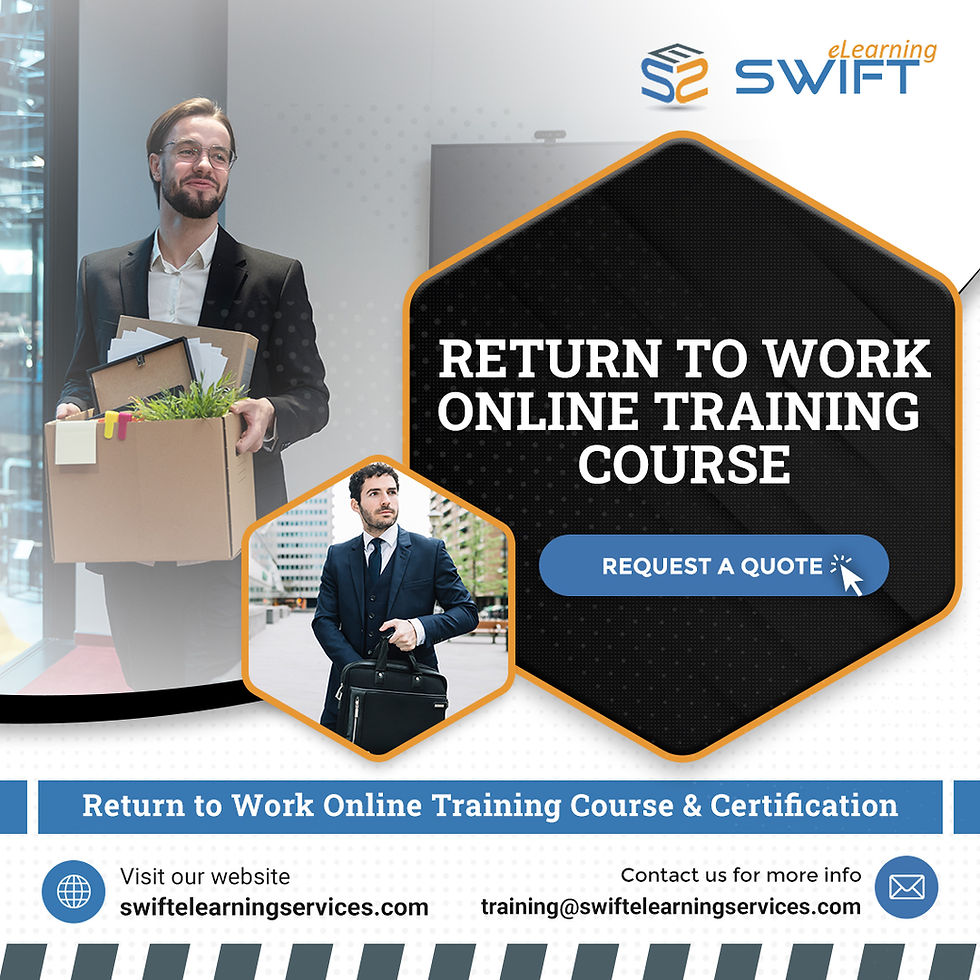Overcoming Common Challenges Faced by eLearning Vendors and Solutions
- ElearningNewz
- May 17, 2023
- 3 min read

Introduction :
In the fast-paced digital era, eLearning has emerged as a powerful tool for knowledge dissemination and skill development. However, eLearning vendors often encounter various challenges that can hinder the success of their endeavors. In this article, we will explore some of the common challenges faced by eLearning vendors and present effective solutions to overcome them. By understanding and addressing these challenges, eLearning vendors can enhance the effectiveness and impact of their online learning programs.
1. Technical Infrastructure and Connectivity :
One of the primary challenges faced by eLearning vendors is establishing a robust technical infrastructure. Reliable internet connectivity, server capacity, and learning management system (LMS) performance are crucial factors. To address this challenge, vendors can invest in scalable cloud-based infrastructure, work closely with IT professionals, and ensure regular maintenance and upgrades to avoid downtime or performance issues. Additionally, providing offline access to eLearning materials through downloadable content or mobile apps can offer flexibility to learners with limited internet connectivity.
2. Content Development and Delivery :
Creating high-quality and engaging eLearning content can be a daunting task for vendors. From instructional design to multimedia integration, content development requires expertise and resources. To overcome this challenge, eLearning vendors can collaborate with subject matter experts (SMEs) and instructional designers to ensure accurate and well-structured content. Utilizing authoring tools and templates can streamline content creation, while incorporating multimedia elements, such as videos and interactive simulations, can enhance learner engagement. Furthermore, adopting a modular approach and offering bite-sized, easily digestible content can facilitate better retention and learner progress.
3. Learner Engagement and Motivation :
Maintaining learner engagement and motivation is vital for the success of any eLearning program. Learners often face distractions and may feel isolated in the absence of face-to-face interaction. To address this challenge, eLearning vendors can incorporate interactive elements like quizzes, discussions, and gamification techniques to make learning more interactive and enjoyable. Collaborative learning opportunities, such as virtual group projects or discussion forums, can foster a sense of community and encourage peer-to-peer interaction. Regular communication, personalized feedback, and progress tracking can also motivate learners and provide a sense of accomplishment.
4. Assessment and Feedback :
Assessing learner progress and providing timely feedback pose significant challenges for eLearning vendors. Traditional assessment methods, such as multiple-choice quizzes, may not effectively measure higher-order thinking skills or practical application. To overcome this challenge, vendors can employ diverse assessment methods, such as simulations, case studies, and project-based assignments, to evaluate learners' comprehensive understanding. Providing constructive feedback and personalized recommendations for improvement can enhance the learning experience and facilitate continuous growth.
5. Adapting to Changing Technologies and Trends :
The eLearning landscape is continually evolving, with emerging technologies and trends shaping the industry. eLearning vendors must stay updated with advancements and adapt their strategies accordingly. Embracing mobile learning, virtual reality (VR), augmented reality (AR), and microlearning can cater to the evolving needs of learners and enhance the learning experience. Additionally, leveraging data analytics and artificial intelligence can provide insights into learner behavior, identify areas of improvement, and personalize the learning journey. Continuous professional development and networking within the eLearning community can help vendors stay informed and embrace innovation.
Conclusion:
eLearning vendors face various challenges while striving to deliver effective and impactful online learning experiences. By addressing these challenges through a combination of technological advancements, instructional design best practices, learner engagement strategies, and embracing emerging trends, eLearning vendors can overcome obstacles and unlock the full potential of eLearning.





Comments